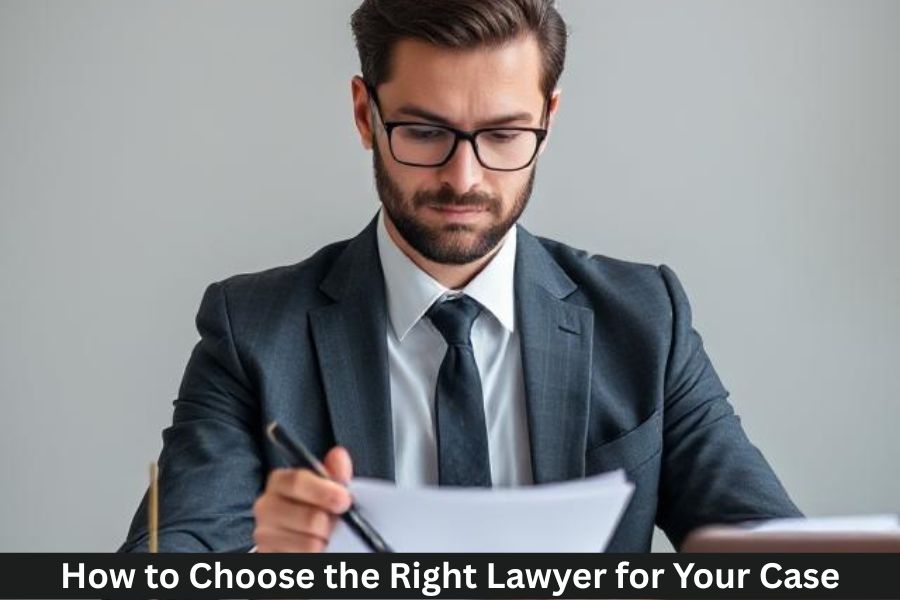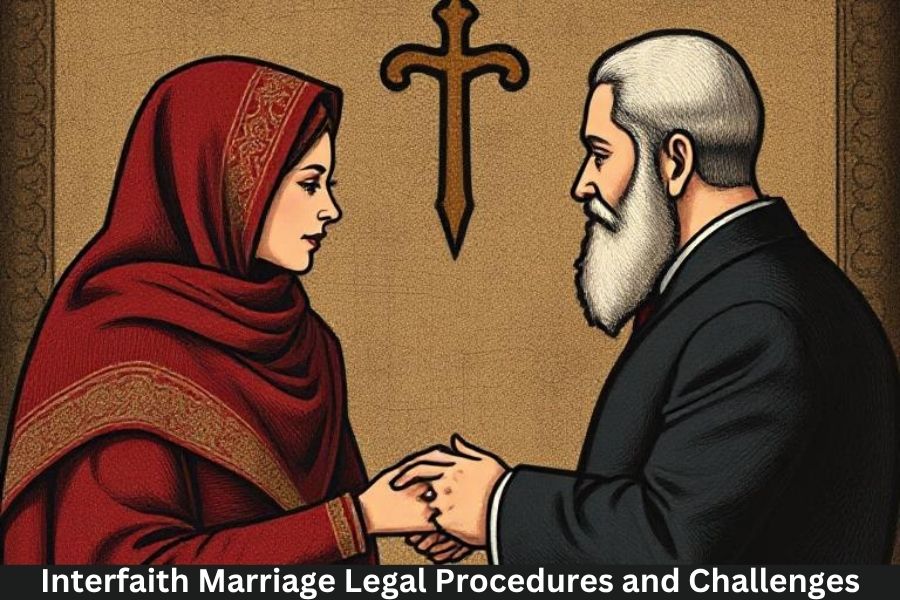Finding the right lawyer can feel overwhelming, especially when the stakes are high. Whether you’re facing a criminal charge, navigating a divorce, or handling a business dispute, the right attorney can make or break your case. So, how do you choose the perfect one?
Why Choosing the Right Lawyer Matters
A skilled lawyer does more than just represent you—they protect your interests, explain complex laws, and help you make informed decisions. The wrong lawyer, however, can lead to wasted time, money, and even unfavorable verdicts.
Understanding Your Legal Needs
Identifying the Type of Case
Before you start searching, identify what kind of legal issue you’re facing. Is it civil, criminal, family, or corporate law? Knowing your case type helps narrow down your search to specialists.
Common Legal Specializations
- Family law (divorce, custody)
- Criminal defense
- Personal injury
- Business and corporate law
- Immigration
- Real estate law
- Employment law
Each field requires specific knowledge and experience. For example, a corporate lawyer may not be ideal for a personal injury case.
Qualities of a Good Lawyer
Experience and Expertise
Always choose a lawyer with relevant experience. Ask how many similar cases they’ve handled and what their success rate is.
Communication Skills
Your lawyer should be a great communicator—both in explaining legal jargon and in representing your interests confidently.
Reputation and Ethics
Check for disciplinary actions or ethical complaints. A lawyer’s reputation often speaks louder than their advertisements.
Researching Potential Lawyers
Using Online Directories and Bar Associations
Start with official directories like your state bar association’s website. These ensure that listed lawyers are licensed and in good standing.
Reading Reviews and Testimonials
Client feedback on platforms like Avvo, Martindale-Hubbell, or Google Reviews can offer valuable insights into how a lawyer works.
Seeking Referrals from Trusted Sources
Ask friends, family, or colleagues who’ve dealt with similar legal issues. Word-of-mouth recommendations are often the most reliable.
Checking Credentials and Experience
Licenses and Certifications
Ensure your lawyer is licensed to practice in your state. Specialized certifications (like being a Board-Certified Specialist) indicate deeper expertise.
Track Record of Success
Don’t hesitate to ask about past case results or settlements. A history of favorable outcomes is a good sign.
Initial Consultation: What to Expect
Questions to Ask Your Lawyer
During your first meeting, ask:
- How long have you been practicing?
- What is your strategy for my case?
- What are the potential outcomes?
Red Flags to Watch Out For
Avoid lawyers who guarantee specific results, lack transparency in billing, or pressure you to make quick decisions.
Evaluating Communication and Compatibility
Availability and Responsiveness
If your lawyer is hard to reach before hiring, expect communication issues later. Responsiveness matters.
Comfort Level and Trust
You’ll share personal and sensitive details, so choose someone you trust and feel comfortable with.
Understanding Legal Fees and Billing
Common Fee Structures
Lawyers charge differently based on case type:
- Hourly rate (common for business cases)
- Flat fee (for simple services like will drafting)
- Contingency fee (no win, no fee—common in personal injury)
Getting a Written Agreement
Always get a written fee agreement. It protects both you and your lawyer from misunderstandings.
Assessing Case Strategy and Approach
How Lawyers Plan Your Case
A competent lawyer should explain the steps, timeline, and potential challenges of your case.
Transparency and Realistic Outcomes
Beware of overpromises. The best lawyers are honest about both strengths and risks.
Location and Jurisdiction Considerations
Laws differ by state or region. A local lawyer knows local judges, courts, and procedures, giving you a strategic advantage.
Technology and Modern Law Practices
In today’s digital world, many firms offer virtual consultations, e-signatures, and online case updates. Tech-savvy lawyers can save you time and stress.
Comparing Multiple Lawyers
Don’t settle after your first consultation. Meet at least two or three lawyers, compare their communication styles, fees, and confidence in handling your case.
Making the Final Decision
Choose a lawyer who checks all the boxes: expertise, transparency, affordability, and trust. Follow your instincts—if something feels off, explore other options.
Conclusion
Choosing the right lawyer is like choosing a partner for one of the most critical battles of your life. It’s not just about credentials—it’s about trust, comfort, and communication. Take your time, ask questions, and always prioritize your peace of mind.
FAQs
1. How can I tell if a lawyer is legitimate?
Check their license on your state bar association’s website and look for any disciplinary history.
2. What is the best way to find affordable legal help?
Consider local legal aid societies or lawyers who offer payment plans or flat-rate services.
3. How long should I take to choose a lawyer?
Don’t rush. Take time to consult with at least two or three lawyers before deciding.
4. Can I switch lawyers if I’m unhappy?
Yes, you can change lawyers at any time, though it might affect case timing and costs.
5. What should I bring to my first consultation?
Bring all relevant documents, notes, and questions to make the most of your meeting.



